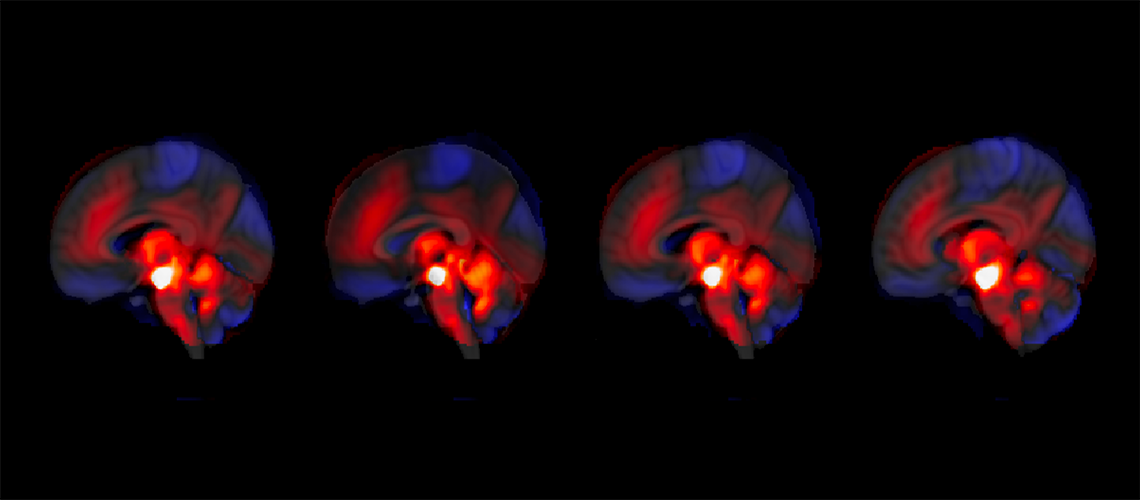
The COVID-19 pandemic may have left a more profound impact on humanity than previously understood. New research suggests it has accelerated brain aging across the global population. A study conducted by the University of Nottingham, led by Greek professor of Computational Neuroimaging Stamatis Sotiropoulos, and published in Nature Communications, reveals that the pandemic’s influence extended beyond those infected with the SARS-CoV-2 virus.
According to the study, brain scans indicated structural changes equivalent to an average of 5.5 months of accelerated aging, even in individuals who never contracted the virus. These findings were derived from MRI scans of 1,000 adults in the UK Biobank, a comprehensive biomedical database. Researchers utilized a machine-learning model trained on brain images from approximately 15,000 healthy individuals to estimate “brain age,” allowing them to compare scans taken before and after the pandemic.
Understanding the Research
The study examined two groups of participants: one group with two pre-pandemic brain scans and another with one pre-pandemic and one post-pandemic scan. The latter group exhibited faster brain aging, irrespective of their infection status. Professor Sotiropoulos explained that this could be attributed to the pandemic’s indirect effects, such as chronic stress, social isolation, reduced physical activity, and an overall decline in well-being.
Certain demographics appeared more susceptible to these changes, including older adults, men, and individuals with lower socioeconomic status. Interestingly, only participants who had contracted COVID-19 showed measurable declines in cognitive performance, such as slower information processing and diminished mental flexibility.
“The study is a reminder that our brain health is shaped not only by infections but also by the environments and stresses we are exposed to,” Sotiropoulos stated.
Implications of the Findings
While the rate of brain aging was similar between infected and non-infected individuals, the infection itself might have triggered additional inflammatory and vascular changes leading to cognitive symptoms. The study raises significant questions about the long-term neurological effects of the pandemic and whether these brain changes are reversible.
Long-term follow-up scans from the UK Biobank are anticipated to shed more light on this issue in the coming years. Meanwhile, the research underscores the importance of considering the broader environmental and psychological impacts of global crises on public health.
Expert Opinions and Historical Context
Experts in the field of neuroimaging and public health have weighed in on the study’s findings. Dr. Emily Roberts, a neuroscientist at the University of California, noted, “The pandemic has been a unique stressor in modern history, and its impact on mental and physical health is still being unraveled.”
Historically, pandemics have had far-reaching effects beyond the immediate health crisis. The 1918 influenza pandemic, for instance, was associated with long-term neurological and psychological consequences. This historical parallel highlights the need for comprehensive public health strategies to mitigate such effects in the future.
By the Numbers: The study involved MRI scans from 1,000 adults and utilized data from around 15,000 healthy individuals to estimate “brain age.”
Looking Forward
The findings of this study may influence public health policies and mental health interventions. As the world continues to grapple with the aftermath of COVID-19, understanding its full impact on brain health is crucial. Researchers and policymakers alike will need to prioritize mental health resources and support systems to address the pandemic’s lasting effects.
In conclusion, while the COVID-19 pandemic has posed unprecedented challenges, it also offers an opportunity to learn and adapt. As further research unfolds, the hope is to develop strategies that not only address the immediate health crisis but also safeguard long-term brain health and well-being.







